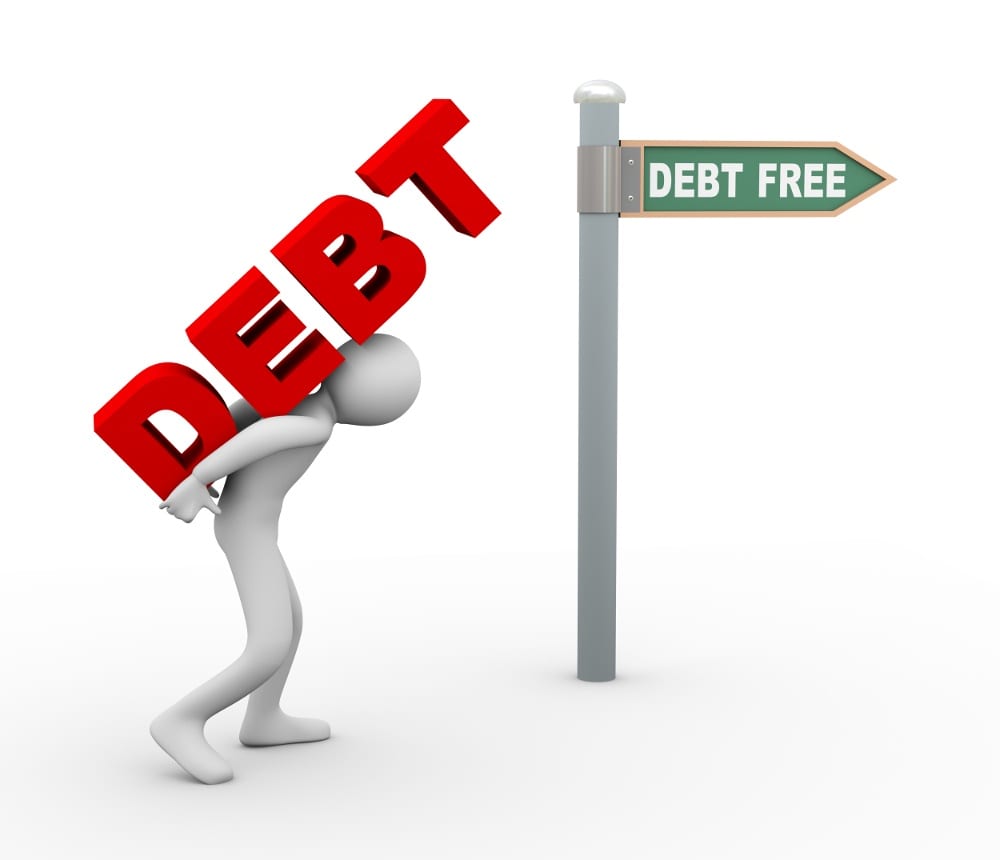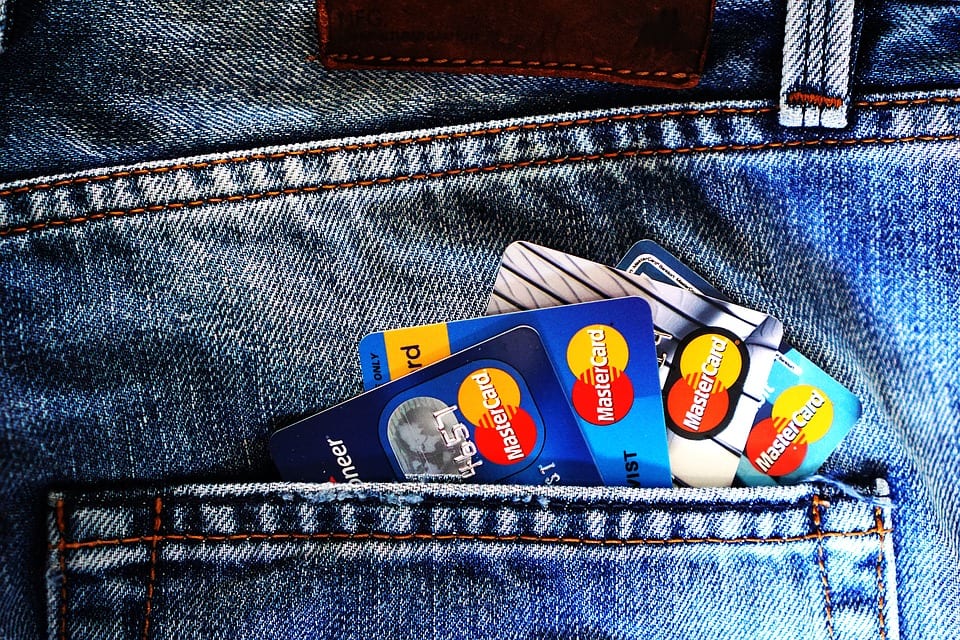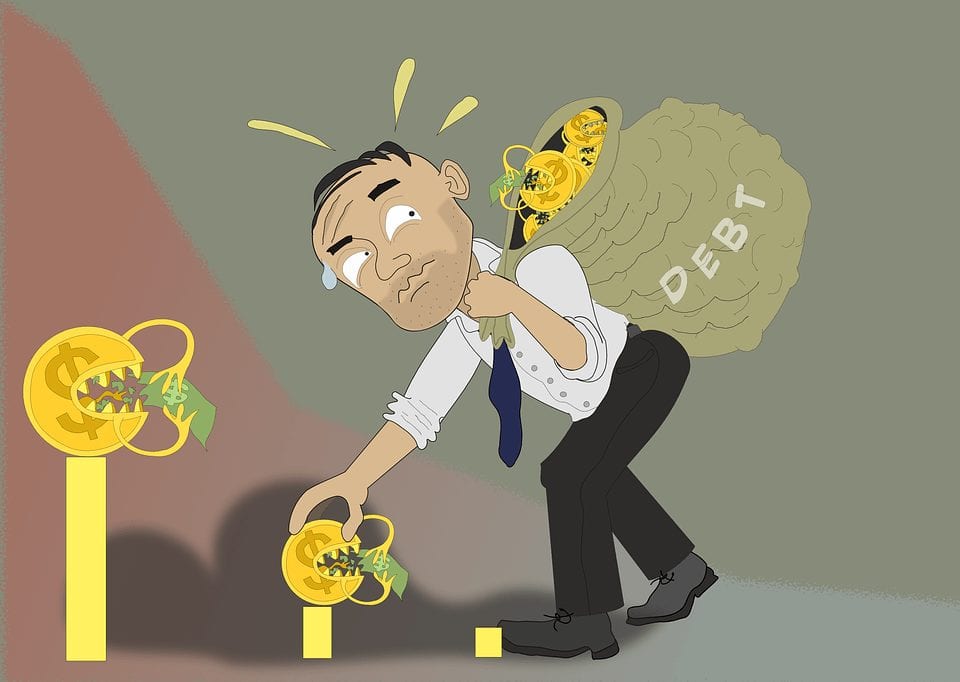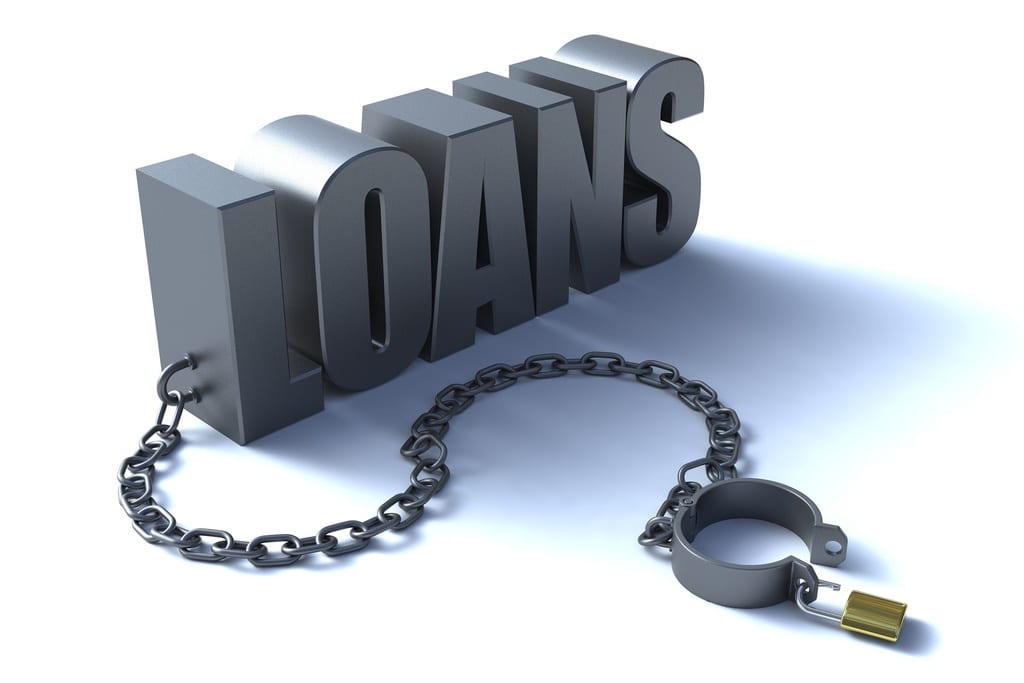Many people have come to a time in their lives where debt is lingering. It may seem that there’s no way out of the vicious circle of accumulating debt, but this is not true. Debt trouble is a temporary situation that any person can get out if with the correct technique. The following tips are great for reducing or eliminating creditor bills.
1. Close the Revolving Door
The biggest problem with revolving accounts such as credit cards and store cards is that once you pay them back, the credit returns. A huge mistake that people make with these types of accounts is using the card for the next purchase. This must stop immediately. Once you pay the balance on a credit card, leave it alone for a while.
2. Make Larger Payments
Tiny payment does nothing to bring down the balance of a line of credit. When you make tiny payments, you are only covering the interest and finance charges. In order to make a dent in your balance, you must make a healthy payment every time. As a rule, pay ten percent of the purchase price, plus an additional $20. For example, if the item you purchased on credit is equal to $100, make a $30 payment.
3. Consolidate Your Accounts
A simple debt consolidation can do wonders for your financial situation. If you have more than five open accounts, you may want to consider applying for a debt consolidation loan. The loan will pay off your existing accounts so that you will only have one monthly payment to take care of. Your APR will most likely be less also.
4. Choose a Cheaper Place to Live
If your family is small, you can toy with the idea of moving into a smaller unit. Smaller square footage means smaller rent, and less electricity/water/gas is perfect for cutting costs. Also, if you live in the country, choose a residence that has well water. There is no water bill associated with well water. You can use the savings to pay down your debt.
5. Purchase a Beater
A beater is an automobile that runs great but does not have all the bells and whistles. Go for a reliable car instead of high priced financed vehicle. Pay cash for it. That way the only monthly payment you will have is the insurance premium.
6. Negotiate with Creditors
If you are having difficulty paying your creditors, it cannot hurt you to pick up the phone and talk to them. Sometimes creditors have hardship plans. You might be able to get a lower payment or have some of the finance charges knocked off the bill. Make the telephone your friend and your mouth your tool. Negotiation works. Feel free to obtain a copy of your credit report and dispute all suspicious accounts. The bureau will remove any accounts that the creditor is not able to verify.
7. Develop a Budget
Writing down what you have to spend each month will help you to keep your finances in line and keep your eyes on the prize. Update your budget every two weeks and if you’re coming up short, brainstorm ways to cut costs.
8. Earn Extra Cash
Working odd jobs and side jobs will help you to earn extra money to pay your debt. Use your imagination. Babysitting, lawn mowing, article writing, and house cleaning are some fine ideas – and tax-free.









